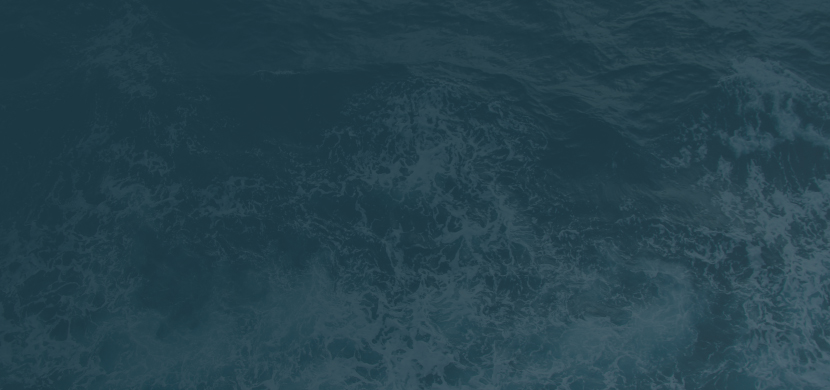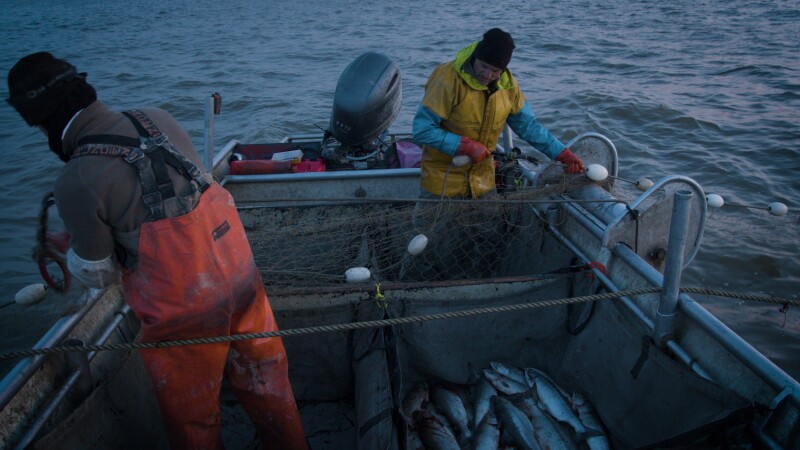At Graveyard Point, the line between work and passion blurs. Each year, over 120 fishermen from all walks of life venture to this abandoned 1920s cannery on Alaska's rugged shores, driven by one shared goal: to harvest the world's most prized wild sockeye salmon.
"Graveyard" takes you inside this unique world, where the spirit of the Wild West still thrives and fishermen brave unimaginable conditions. Some are there for adventure, others for a living, but an unshakable commitment to the sea…

You've caught the limit!
Free membership gives you access to:
- Unrestricted access to all NationalFisherman.com articles.
- Receive in-depth reports and research on various topics related to the fishing industry.
- Up-to-date news updates from the fishing industry delivered directly to your inbox twice a week.







